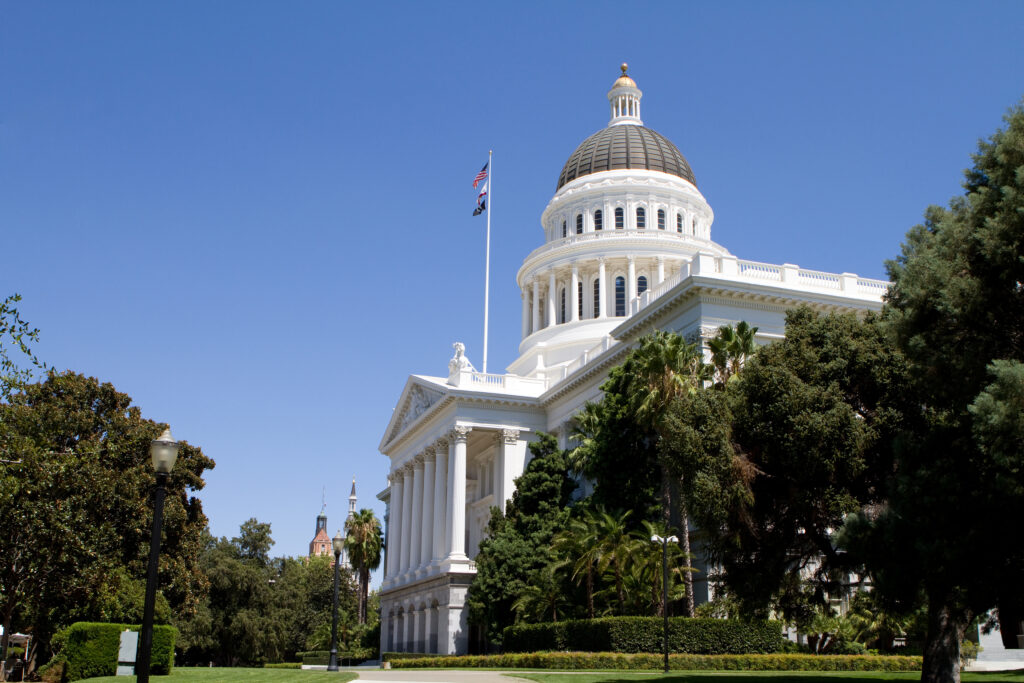Republicans Sue to Block California Redistricting Measure in Response to Texas Gerrymander

Republicans are trying again to stop California from passing a new congressional map, an effort the state is taking on to counter a Texas gerrymander aimed at adding more GOP seats in Congress in 2026.
A group of California Republicans – including two state assembly members, two state senators, a future congressional candidate and three voters – filed an emergency petition Monday asking the California Supreme Court to direct the California Secretary of State to refrain from placing redistricting on the November ballot.
Republicans claim Democrats violated California’s constitutional restrictions on redistricting while they also pushed complex legislation through the Legislature in just four days.
The filing also predicted an expensive battle ahead over the November election, lamenting “the hundreds of millions of private dollars this will be wasted on advocacy campaigns for and against this measure.”
The group is represented by Dhillon Law Group, a firm founded by Assistant U.S. Attorney General Harmeet Dhillon — the DOJ’s top civil rights lawyer.
President Donald Trump added his own legal threat Monday, telling reporters the U.S. Department of Justice plans to sue California over its redistricting plan.
“Well, I think I’m going to be filing a lawsuit pretty soon. And I think we’re going to be very successful in it,” Trump said.
Gov. Gavin Newsom (D) called on California lawmakers earlier this month to pass legislation in response to the Texas gerrymander that would create a new congressional map and authorize a special election for voters to weigh in on it.
They approved the “Election Rigging Response Act” legislation last week, clearing the way for a Nov. 4 election. Unlike in Texas, where lawmakers alone decide on redistricting, California voters have a say in whether to allow the state to move forward with redrawing the maps mid-decade.
A group of Republican lawmakers – also represented by the law firm founded by Dhillon – previously sued to stop the California legislature from voting on the bills, but the California Supreme Court rejected their argument that lawmakers could not act on the plan for several more weeks because new legislation requires a 30-day review period.